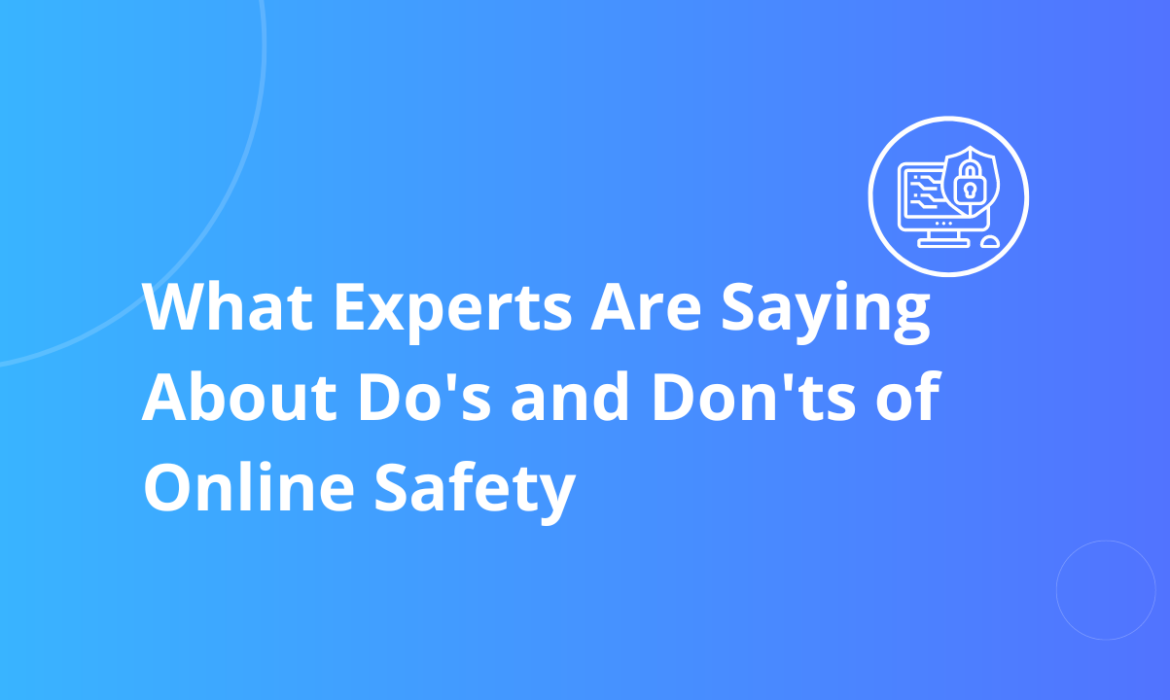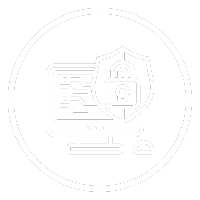
Have you ever stopped to think about how much of your personal information is floating around the internet? From social media profiles to e-commerce platforms, we share a lot of information online without even realizing it. Unfortunately, this can make us vulnerable to hackers and identity theft.
Online safety refers to measures and tools undertaken to safeguard oneself and one’s personal information when using the internet. With technology becoming an integral part of our lives, online safety has become crucial. There are a number of potential risks associated when using the net, such as identity theft, phishing, viruses, and online predators. Such risks can have serious consequences like reputational damage, financial loss, or harm to personal safety.
Let us look at some Do’s and Don’ts to ensure internet safety
Dos
- Use strong passwords: Creating unique passwords that are difficult to crack is a great way of protecting personal identity. It is advisable to use a combination of upper and lower-case letters, symbols, and numbers. In addition to this, changing passwords frequently can further protect and ensure credential safety.
- Using two-factor authentication: Two-factor authentication adds an extra layer of security by requiring the user to enter a code sent to either their phone or e-mail in addition to their password.
- Be careful on social media: Adjust your privacy settings on social media to control who can see your posts and personal information.
- Verify sources: It is important to fact-check information before sharing it online, especially on social media. Fake news and misinformation can spread quickly, hence it is necessary to verify the credibility of the sources.
Don’ts
- Do not click on unknown links or attachments: It is advisable to refrain from clicking on links or downloading attachments from unknown or suspicious sources.
- Do not share personal information: It is necessary to be mindful of the information being shared online, including full name, address, phone number, and date of birth. Only share personal information with trusted websites or individuals.
- Don’t ignore privacy settings: Privacy settings on social media must be reviewed and adjusted as per the need. This is because in some cases default privacy settings may overshare certain personal information.
- Do not use public Wi-Fi for sensitive activities: It can be noted that public Wi-Fi for sensitive activities like online banking or shopping can make a user’s information vulnerable to hackers.
All in all, in order to stay safe online, it is necessary to take proactive steps to protect your information and reduce risks linked with internet use. Being aware of potential risks associated with various online activities, like online shopping, online gaming, or social media is also necessary.
It is essential to educate oneself about ways to stay online by taking appropriate steps to enjoy the benefits of the internet while minimizing exposure to potential risk. By following these tips, users can protect themselves from online threats and stay safe while using the internet.
Do you agree with the above tips? What are some of the ways you ensure online safety?


